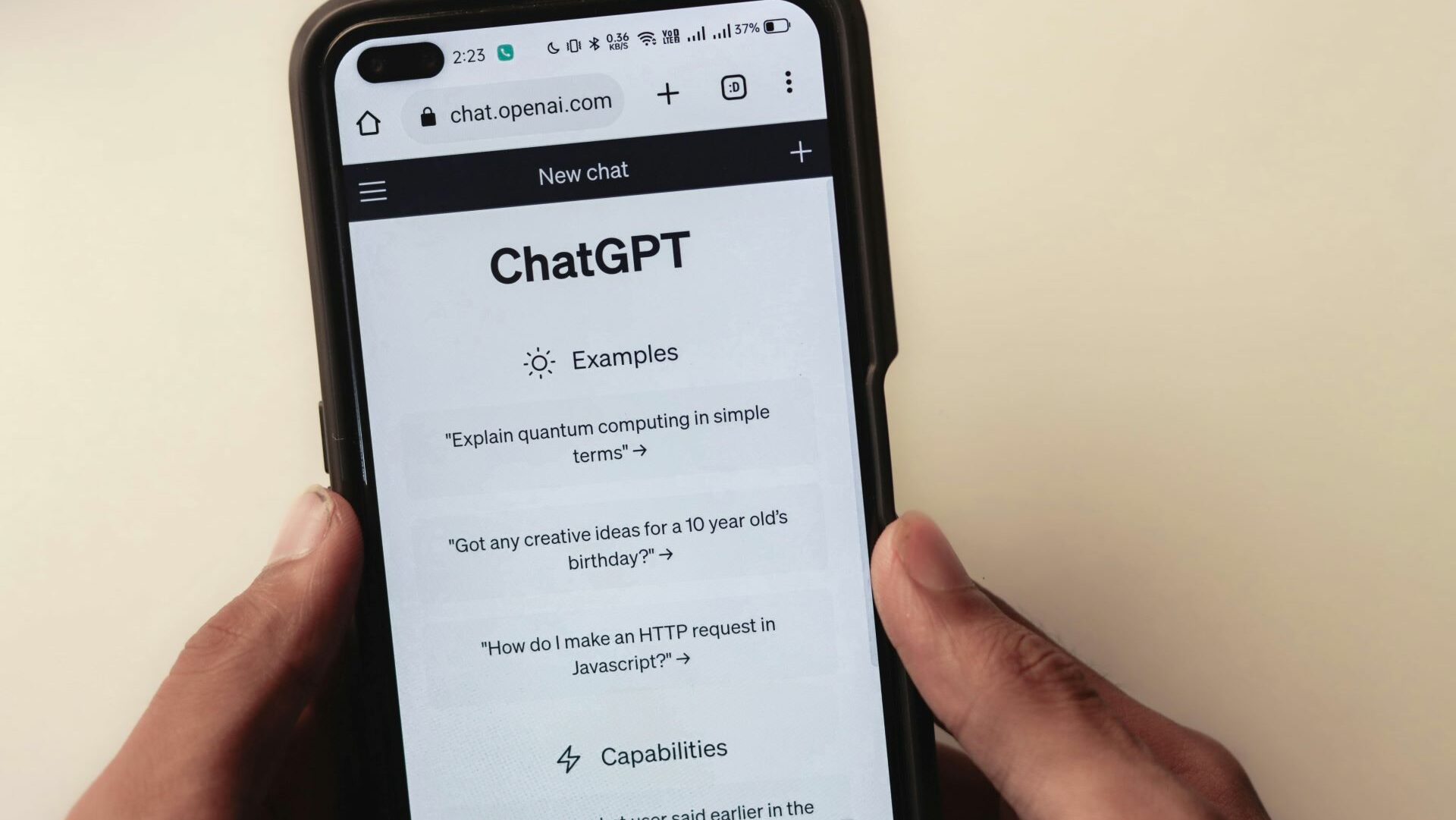
No one who spends time online can deny that ChatGPT has transformed life in the digital era. As explained in ExpressVPN’s article, the use of ChatGPT and other LLMs has raised concerns about the legal and ethical ramifications. The program has inched its way into daily life on multiple fronts, from being used in creative support for writing books and movies to providing data analysis support to businesses.
The Tech of ChatGPT
The “GPT” in ChatGPT stands for Generative Pre-Trained Transformer. This is a type of language model developed by the leader in the field of Artificial Intelligence, OpenAI. This technology uses a transformer neural network architecture, which is pre-trained by a large information database. The programs trained on these databases are referred to as Large Language Models or LLMs. Generally speaking, these models are taught to recognize patterns on a scale beyond human capabilities and then respond with the desired text.
The Launch of ChatGPT
ChatGPT was designed as an artificial intelligence chatbox that utilised the foundational LLMS of OpenAI. Unlike its predecessors, ChatGPT improved upon the language model and has had long-lasting impacts on culture and technology.
OpenAI released ChatGPT as a demo on November 30, 2022. The chatbox program was a showstopper, generating human-like responses to its users’ inputs. The sophisticated capabilities of ChatGPT to generate entire stories and essays stunned commenters and prompted a new outlook on the AI world. ChatGPT’s popularity accelerated beyond expectations and it obtained approximately 100 million monthly users just two months after its launch.
The ChatGPT Movement
The success of ChatGPT has sparked what many would describe as an AI tech revolution. Its seemingly overnight rocket to worldwide popularity led to a new wave of research and development into AI technology and LLMs.
ChatGPT technology has been integrated into various industries, including customer service, in which the chatbot has been used to generate responses to inquiries. Despite some raising concerns about student plagiarism, ChatGPT has been successfully adapted for educational purposes, providing automated tutoring. In healthcare, the chatbox has been adapted to assist providers in clinical decision-making by analyzing patient records and applying medical literature.
The Challenges of ChatGPT and LLMs
Although ChatGPT has made improvements to accessibility and production in multiple industries, the years since its release have demonstrated that this tech comes with unseen side effects. Of these concerns, one of the most prominent is data privacy. Chatbots like ChatGPT derive much of their data from user interaction. This means that they store vast swathes of personal information. As reported by ExpressVPN, some government agencies have chosen to take action against how this information is used, including Europe’s General Data Protection Regulation (GDPR).
A Future With ChatGPT and AI
Since its introduction in 2022, ChatGPT has changed the way the world thinks about AI. Proving a resounding success among users, the chatbot has since been integrated into many core industries, including sales, education, and healthcare. AI tech is here to stay, at least for the foreseeable future. While it can enhance daily life and work production, it brings with it both predicted and unseen consequences. By being educated on the full potential of generative chatbots, users can responsibly and effectively make this technology work for them and not against them.
